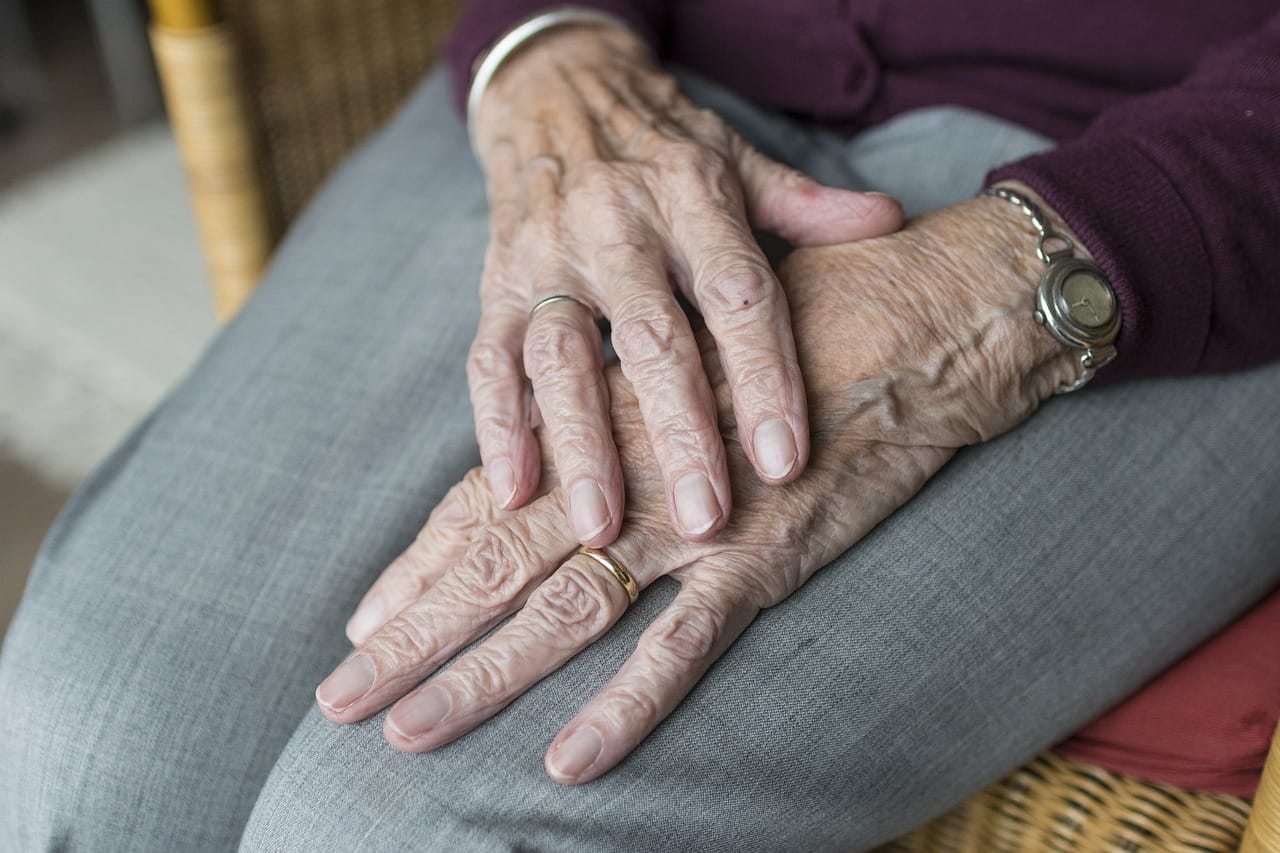Care home abuse and neglect in the UK is a deeply concerning issue that affects some of the most vulnerable members of our society. While the majority of care homes provide high-quality care, instances of abuse and neglect can and do occur. This article aims to shed light on this problem, providing information on recognising signs of abuse, taking action, and seeking justice for victims.
Understanding Care Home Abuse and Neglect
Care home abuse can take many forms, including physical, emotional, sexual, and financial abuse, as well as neglect. Physical abuse involves the use of force that results in bodily injury, pain, or impairment. Emotional abuse includes verbal assaults, threats, humiliation, and isolation. Sexual abuse involves any non-consensual sexual contact or activity. Financial abuse involves the exploitation or misuse of a resident’s finances or property. Neglect occurs when a care home fails to provide adequate care, resulting in harm to the resident.
Recognising the Signs
Recognising the signs of care home abuse and neglect can be challenging, as victims may be afraid or unable to speak out. However, there are certain indicators that may suggest a problem. These can include:
- Physical Signs: Unexplained injuries, bruises, cuts, or burns.
- Behavioral Changes: Withdrawal, agitation, fearfulness, depression, or anxiety.
- Changes in Appearance: Poor hygiene, weight loss, or unkempt appearance.
- Financial Irregularities: Unexplained withdrawals from bank accounts or missing possessions.
- Reluctance to Talk About the Care Home: A resident may be hesitant or afraid to discuss their experiences at the care home.
Taking Action
If you suspect that a loved one is being abused or neglected in a care home, it is crucial to take action to protect them. Here are some steps you can take:
- Talk to the Resident: If possible, talk to your loved one in a private setting and encourage them to share their experiences.
- Report Your Concerns: If you have concerns about the safety or well-being of a resident, you can report them to the care home manager, the local authority safeguarding team, or the Care Quality Commission (CQC).
- Seek Medical Attention: If you suspect physical abuse or neglect, seek medical attention for your loved one.
- Consider Moving the Resident: If the abuse or neglect is severe or ongoing, you may need to consider moving your loved one to a different care home.
- Seek Legal Advice: If you believe your loved one has been a victim of abuse or neglect, you may be able to pursue a legal claim for compensation.
The Role of the Care Quality Commission
The Care Quality Commission (CQC) is the independent regulator of health and social care in England. It has a crucial role to play in ensuring that care homes provide safe, effective, compassionate, and high-quality care. The CQC inspects care homes regularly and rates them on a scale of ‘outstanding’ to ‘inadequate’. It also has the power to take enforcement action against care homes that are not meeting the required standards.
The Importance of Advocacy
Advocacy plays a vital role in protecting the rights of care home residents and ensuring that their voices are heard. Advocates can provide support and information to residents and their families, help them to make complaints, and represent them in meetings with care home staff or local authorities.
Making a Medical Negligence Claim with National Claims
At National Claims, we understand the devastating impact that medical negligence can have on individuals and their families. Suppose you believe you or a loved one have suffered harm due to substandard medical care, misdiagnosis, surgical errors, or any other form of medical negligence. In that case, we are here to help you seek the justice and compensation you deserve.
Free Consultation
We understand that every medical negligence case is unique, and we’re here to offer you a free, no-obligation consultation to discuss your specific situation. During this consultation, we’ll take the time to listen carefully to your experience, review any medical records you may have, and evaluate the potential strength of your claim.
*Customers pay up to 25% (incl. VAT) of the amount recovered towards solicitor costs and if you cancel outside your cooling off period, you may be charged a fee.
Contact us today to speak to one of our claims agents who will be able to help you get started on your claim.
Click below to see why we are one of the most trusted claims management companies in the UK.

We’re proud of our excellent customer reviews
We thrive on delivering exceptional service and ensuring our clients’ satisfaction. Don’t just take our word for it. Check out some of our independent reviews to see what our clients have to say.
Excellent

This firm is excellent, they sorted out my car pay out and injury claim very fast, they always communicate with you all the time.

My accident case was dealt with confidence and with great result of the outcome, especially James kept me informed all the time.

I was very impressed at the way my inquiry was treated. I was listened to attentively and everything I needed to know was explained to me.






